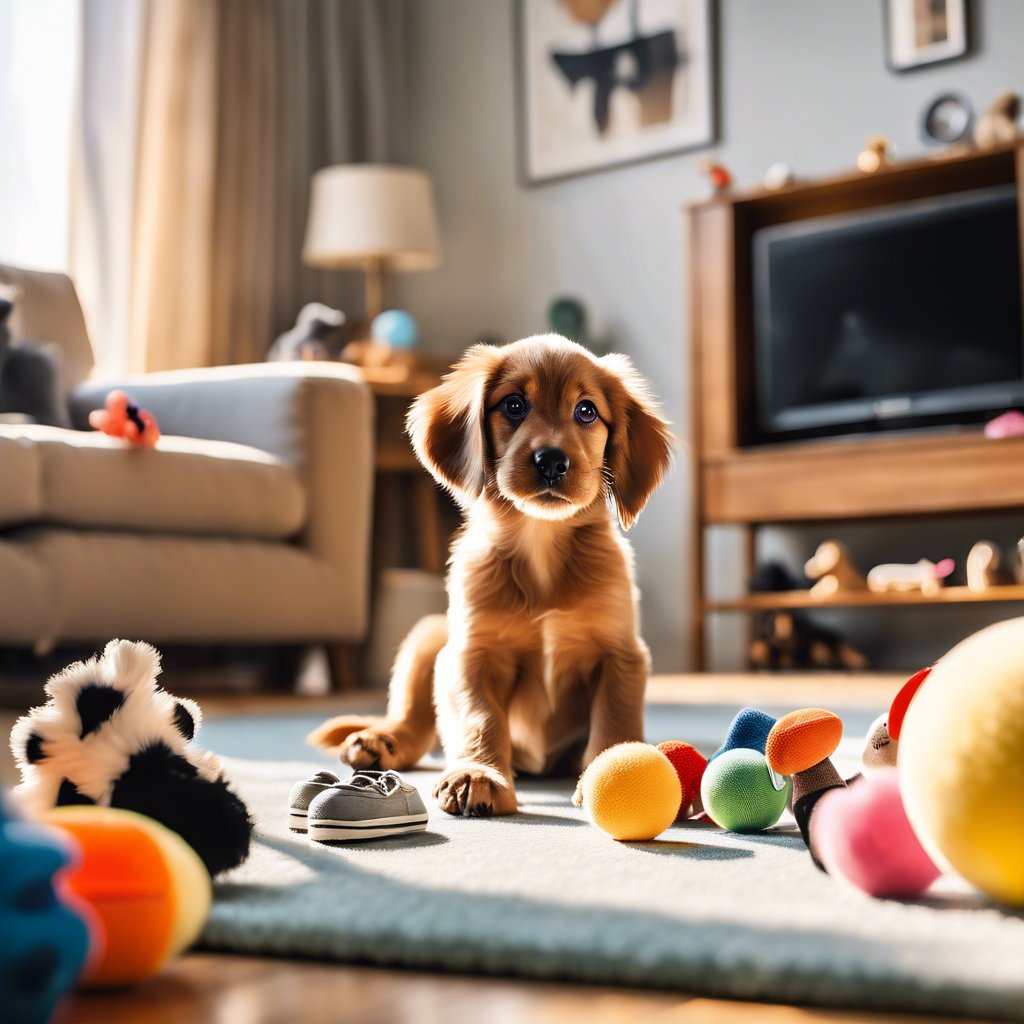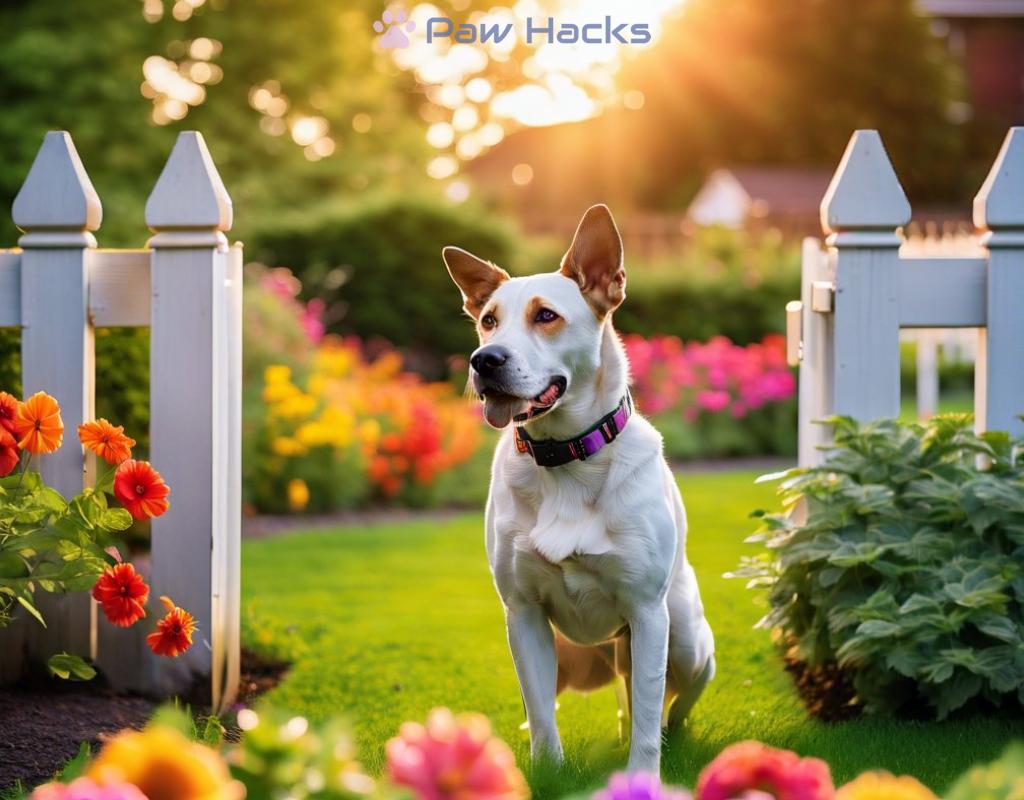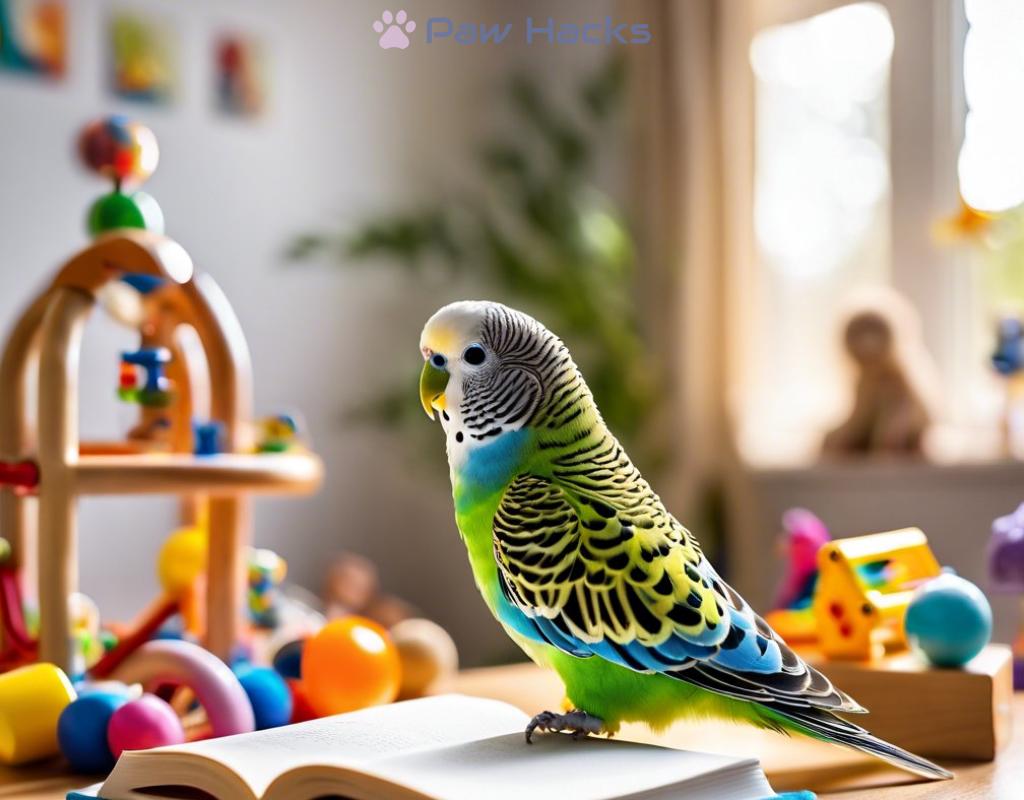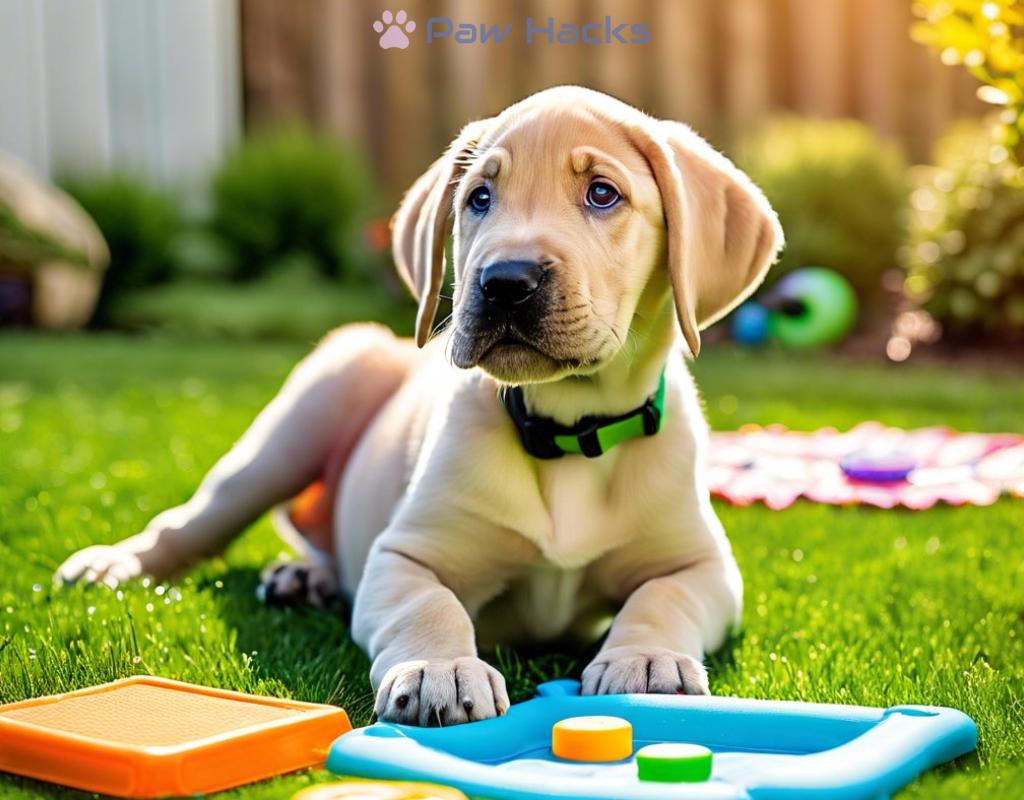Stopping Destructive Chewing in Puppies
Destructive chewing is a common issue among puppies, often stemming from a variety of natural instincts and behaviors. Understanding why your puppy chews can help you tackle the issue effectively and prevent it from becoming a lifelong habit. Puppies chew for reasons such as teething, boredom, anxiety, and curiosity. Recognizing these triggers is the first step in addressing the problem.
To effectively curb destructive chewing in puppies, it is essential to implement a combination of training techniques and environmental management. Here are proven strategies that have helped countless puppy owners:
- Provide Appropriate Chew Toys: Invest in durable and safe chew toys that satisfy your puppy’s natural urge to chew. Look for toys designed specifically for teething puppies.
- Redirect Attention: When your puppy begins to chew on inappropriate items, redirect their attention immediately to a chew toy. Praise them when they chew on the right objects.
- Establish a Routine: A consistent daily routine can help reduce anxiety and boredom, which are common triggers for destructive chewing. Regular exercise and playtime are crucial.
- Use Deterrents: Consider using safe, bitter-tasting sprays on furniture and other items to deter chewing. Ensure that these products are pet-safe.
- Provide Mental Stimulation: Engage your puppy with puzzle toys and interactive games to keep their mind active and reduce the likelihood of chewing out of boredom.
Consistency and patience are key when it comes to stopping destructive chewing in puppies. Training is not an overnight process; it requires commitment and time. Ensure that everyone in your household is on the same page regarding the rules and training methods. Inconsistency can confuse your puppy and prolong the chewing problem. Remember, every puppy is unique, and some may take longer to learn than others. Celebrate small victories, and remain patient as your puppy learns the appropriate behaviors.
Share this content:



